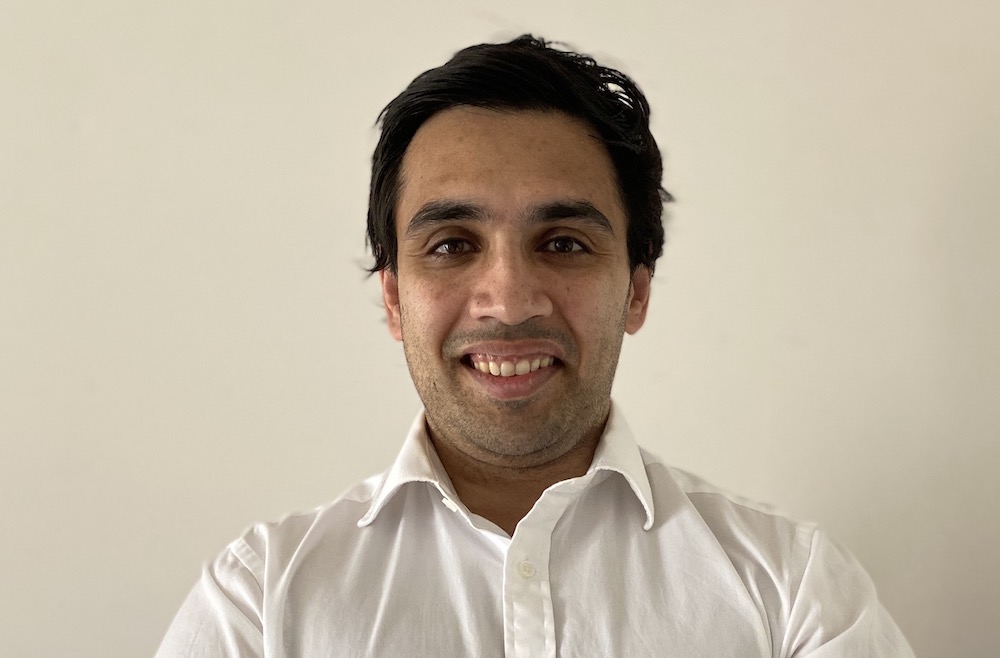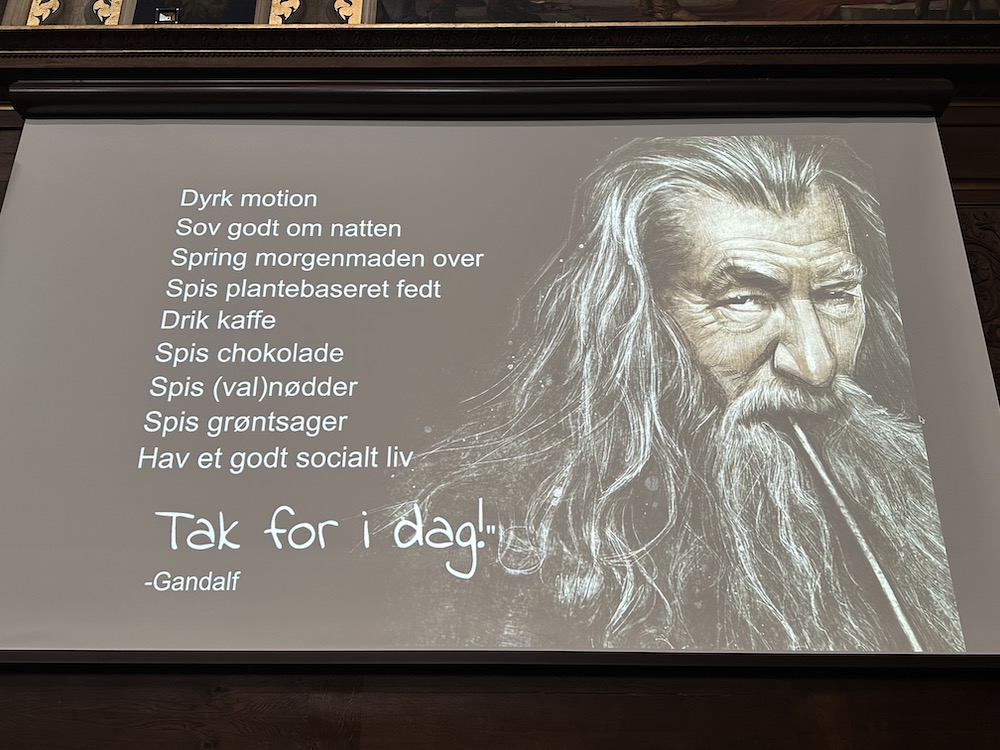
Let’s Be Realistic About Health and AI
Artificial Intelligence (AI) has been underperforming, when it comes to health. There are immense differences between an algorithm predicting consumer behaviour and one making predictions about our health. It will take a very long time before just some of the promises come through, says professor of machine learning and public health at Copenhagen University.
“There is an idea that AI will fix everything. The first overestimate is that we’ve created true artificial intelegence. But AI is not there yet – it is the deep learning revolution that is novel. And it is working amazingly in certain areas like image processing and text recognition. Health, however, is so much more complex.”
Says Samir Bhatt, a public health statistician and professor of machine learning and public health at Copenhagen University:
“Big tech is benefiting a lot from deep learning and consumer algorithms. And what Google’s Deepmind did with chess (and go) really is ground breaking. A great contribution. But we need much more than that – an aggregate of all these contributions – in order to improve health with AI and deep learning.”
According to Bhatt the cost of misclassifying something or recommending a wrong route is nothing compared to what wrongdoings can do when working with human lives.
“The expectations need to be much more realistic. There is lot of scope, where AI really can add to health care. But it will happen very slowly and with lots and lots of effort. Up to now AI has underperformed in health,” he said.
This evaluation on AI health fits very well in this article from Wired stating that “When It Comes to Health Care, AI Has a Long Way to Go:”
“Medical information is more complex and less available than the web data that many algorithms were trained on, so results can be misleading”, it says. “Many ideas for AI health care have not progressed beyond initial proof of concept. Researchers warn that, for now, many studies don’t use data of adequate quantity or quality to properly test AI applications – and the results can be overly optimistic or misleading. This raises the risk of real harms from untrustworthy technology let loose in health systems.”
Define Health
A huge issue, according to Samir Bhatt, is also the lack of a common definition of health. At old age, for example, many are sick, but how sick to say it is not healthy?
“Even the human genome project underdelivered. This is likely due to unrealistic expectations. It has not alone been able to revolutionise public health yet. We don’t understand the full biological picture at all. There are genes, metabolics, proteomics and up the chain. And on top of that there’s behaviour, culture and society. It is a gigantic melting pot. To think that an AI algorithm alone can classify our health and solve it is wishfull thinking at the best.”
Samir Bhatt is part of a EU application on Trustworthy Artificial Intelligence to Predict the Risk of Renal Failure. It states: While notable attempts to apply deep learning to healthcare exist, generalised testing can be limited and very few have made their way to being routinely used in clinical practice.
The expectations need to be much more realistic. There is lot of scope, where AI really can add to health care. But it will happen very slowly and with lots and lots of effort.
Samir Bhatt
With the project he hopes they can develop a neural architecture using the best available data form registries plus tissue samples to see if they can use image recognition there.
Denmark leads in registry data, he says, but it is also a small country like the other Nordics and thus the amounts of data are relatively small. On top of that the data is not as rich as it could be. There are blood samples and family history, but there are no self-collected data from smart watches that could be very helpful, he says.
Ethics Issues Piling Up
On top of those technical issues, ethical issues are piling up.
How far should we go in predictions about humans?
Should we let algorithms take over from doctors?
Who should train the algorithms?
Who will have access to everybody’s genomes?
Human genomes have been collected for one purpose. What about other purposes?
What about the commercial aspects?
How can it harm individuals?
“Everybody is super worried about their data with big tech, but multiply that a 100 times and that’s health data,” says Samir Bhatt, who values the high trust we have in Denmark to our authorities holding much of our data. “But once you loose trust, there is not much we can do. During the pandemic trust to the government has changed, and we should never take trust for granted.”

